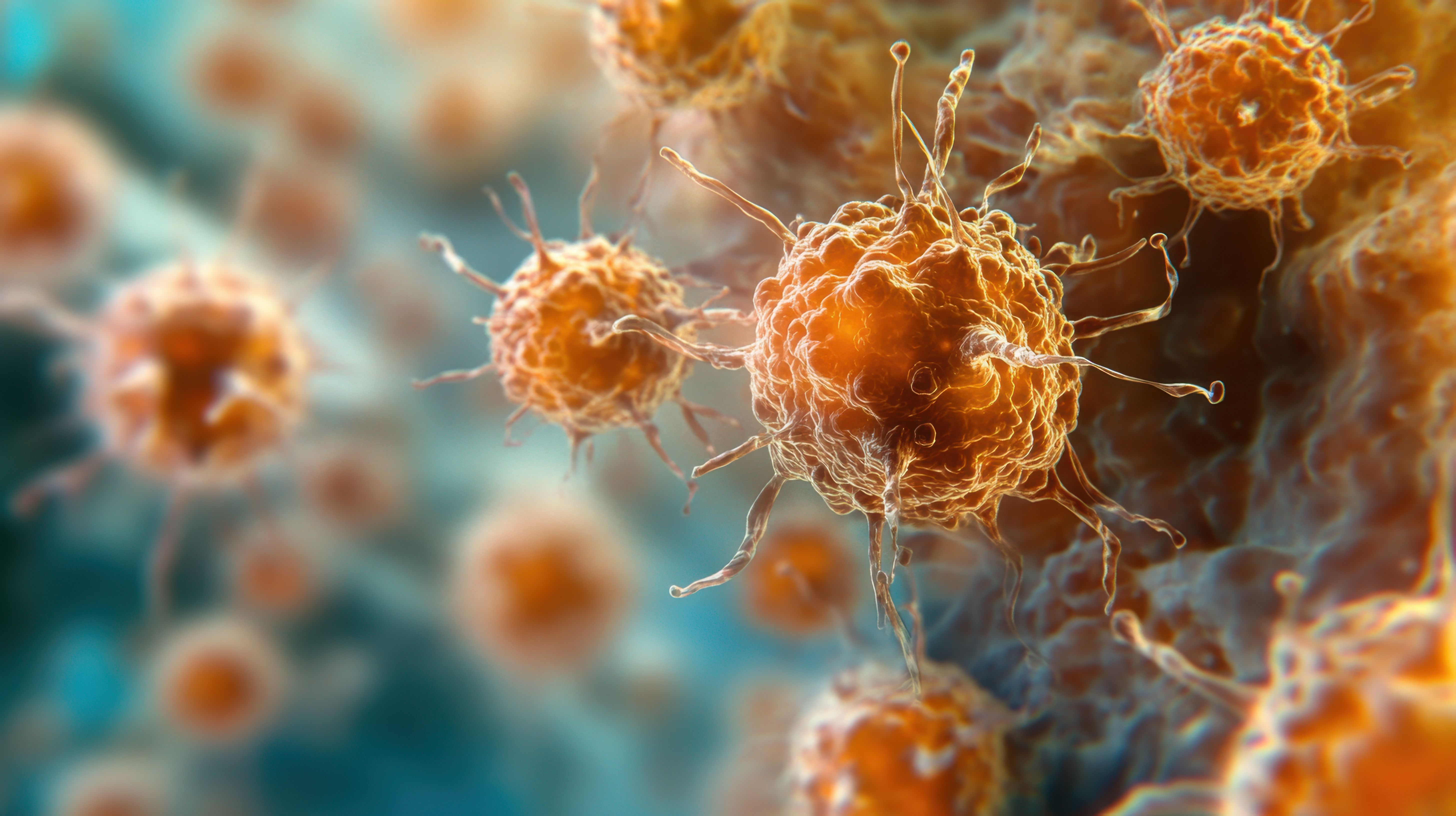Article
Newly Discovered Molecules Could Potentially Kill Drug-Resistant Cancer Cells
Author(s):
Selenocompounds were able to kill up to 80% of cancer cells in mice.
A newly discovered molecule was found to help kill multidrug-resistant cancer cells in a recent study.
This molecule, selenocompounds, was able to inhibit cell defenses against the cancer drugs, and was able to kill multidrug-resistant mouse cancer cells, according to a study published in Bioorganic & Medicinal Chemistry Letters.
“Our research reports a new way to fight multidrug resistance in cancer,” said lead author Enrique Domínguez-Álvarez, PhD. “We are realistic and we know that much more research needs to be done, but we are excited about these promising results that open new and unexplored possibilities.”
In previous studies, the team of researchers identified 57 molecules that prevented the growth of cancer cells. Certain molecules even were able to kill cancer cells.
In the current study, the researchers examined how certain molecules could enhance the effect of chemotherapy treatments. Selenocompounds were able to block the cancer cell’s efflux pump, a protective mechanism where a protein can push the drug out of the cells.
These molecules were also able to trigger apoptosis in cancer cells with similar efficacy to a current drug. The most active compound was able to kill 80% of mouse cancer cells, according to the study.
Researchers plan to synthesize compounds to find the most effective derivatives.
“The ultimate aim of cancer research is to give more chances to people whose lives are at risk due to this disease,” Dr Domínguez-Álvarez concluded. “The development of pharmaceutical drugs requires a lot of effort and time, and the results our group presents are just preliminary. But contributing my effort to this fight, even in these starting steps, fulfills me. I hope that in the future our work will serve as the basis to develop new drugs against cancer that reach the patients who need them.”
Newsletter
Stay informed on drug updates, treatment guidelines, and pharmacy practice trends—subscribe to Pharmacy Times for weekly clinical insights.





